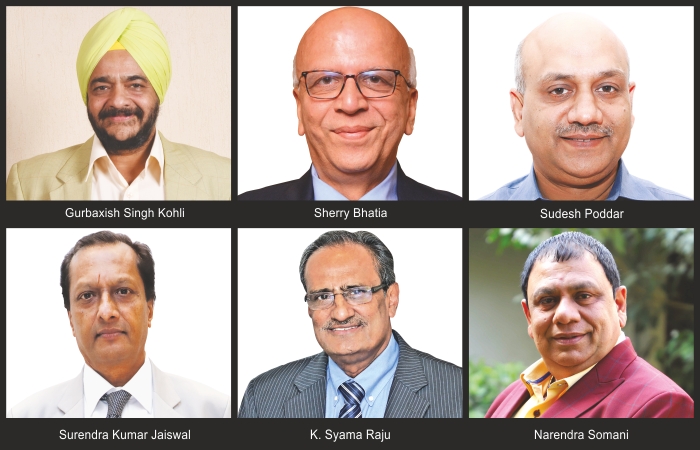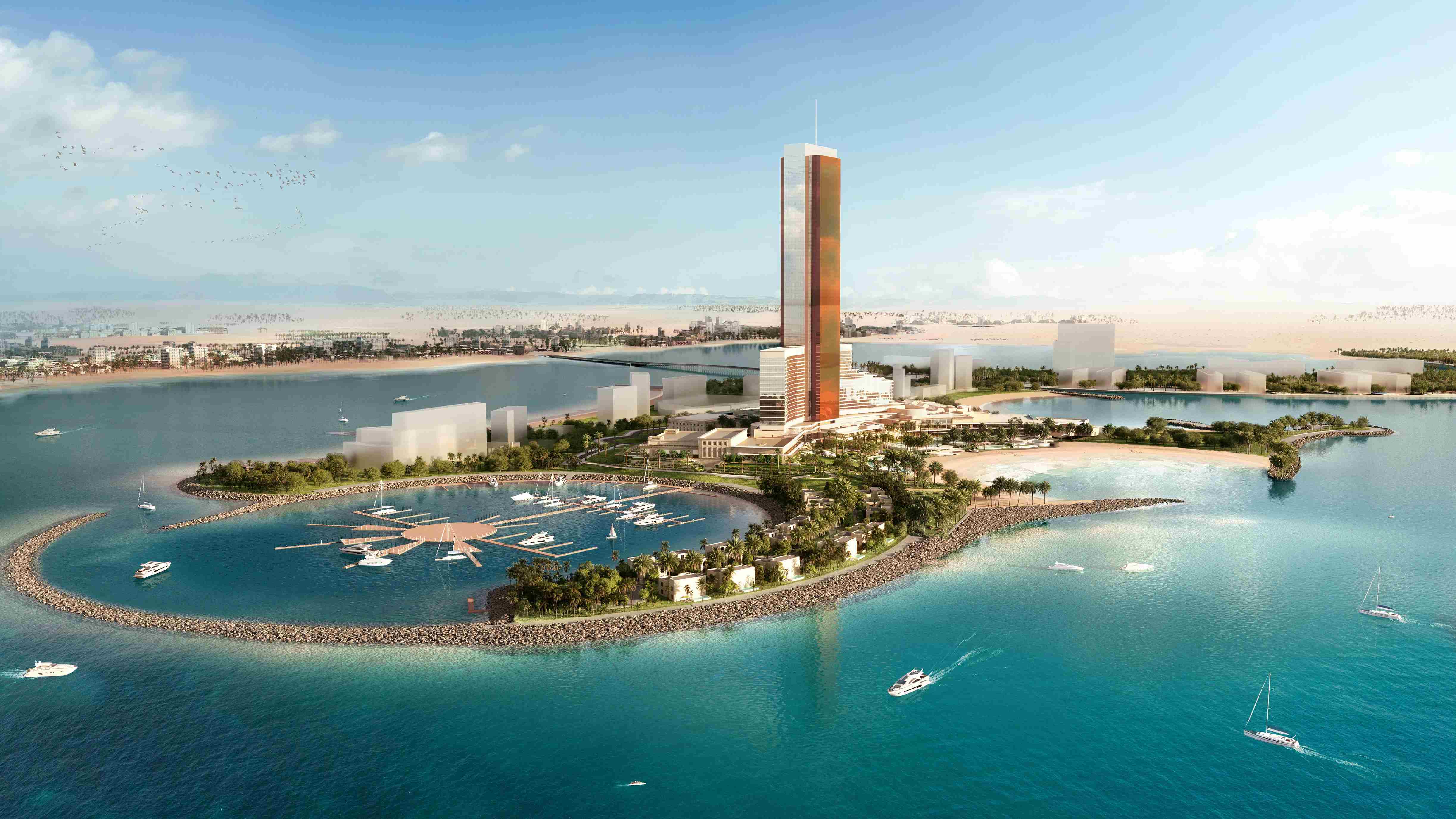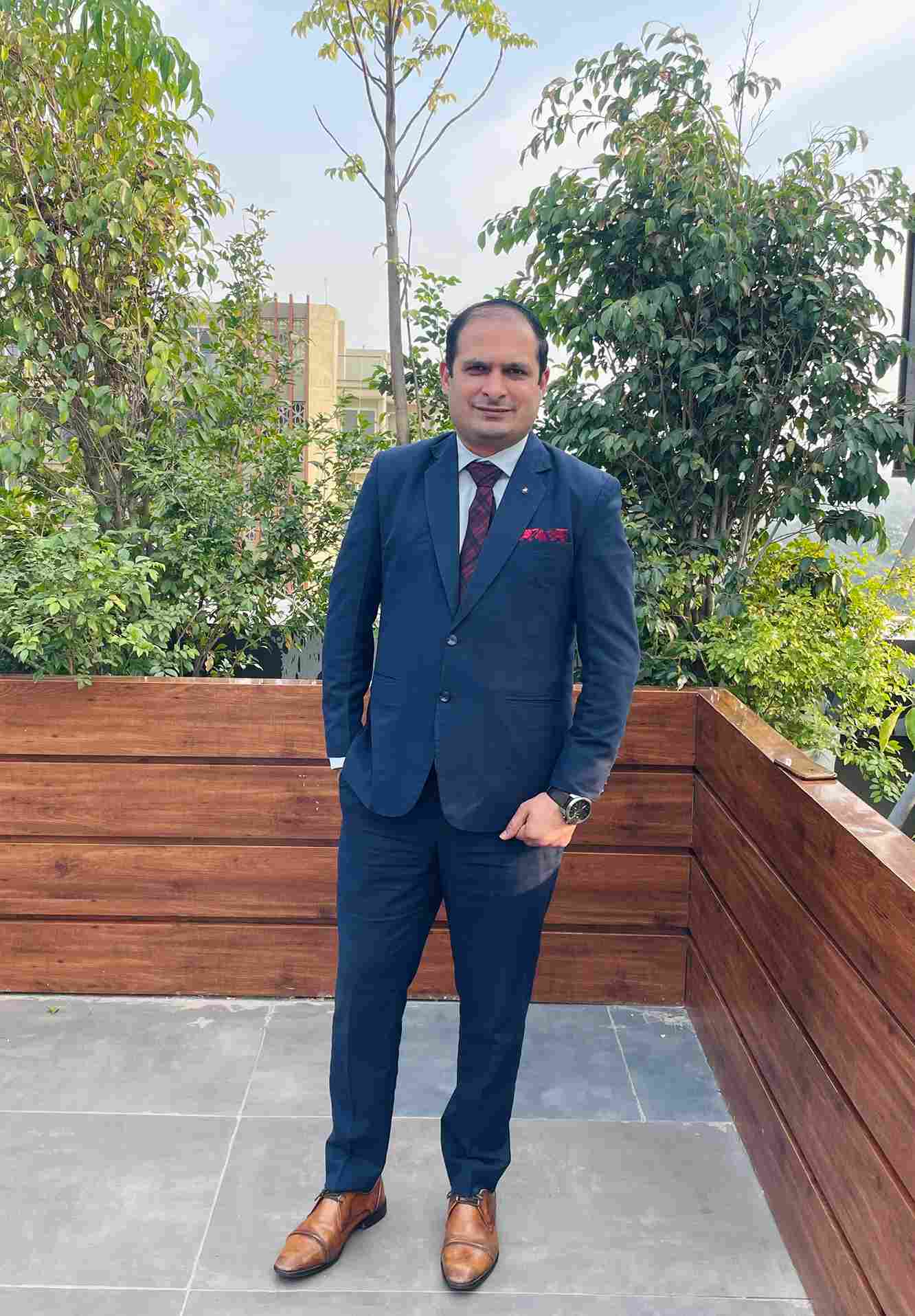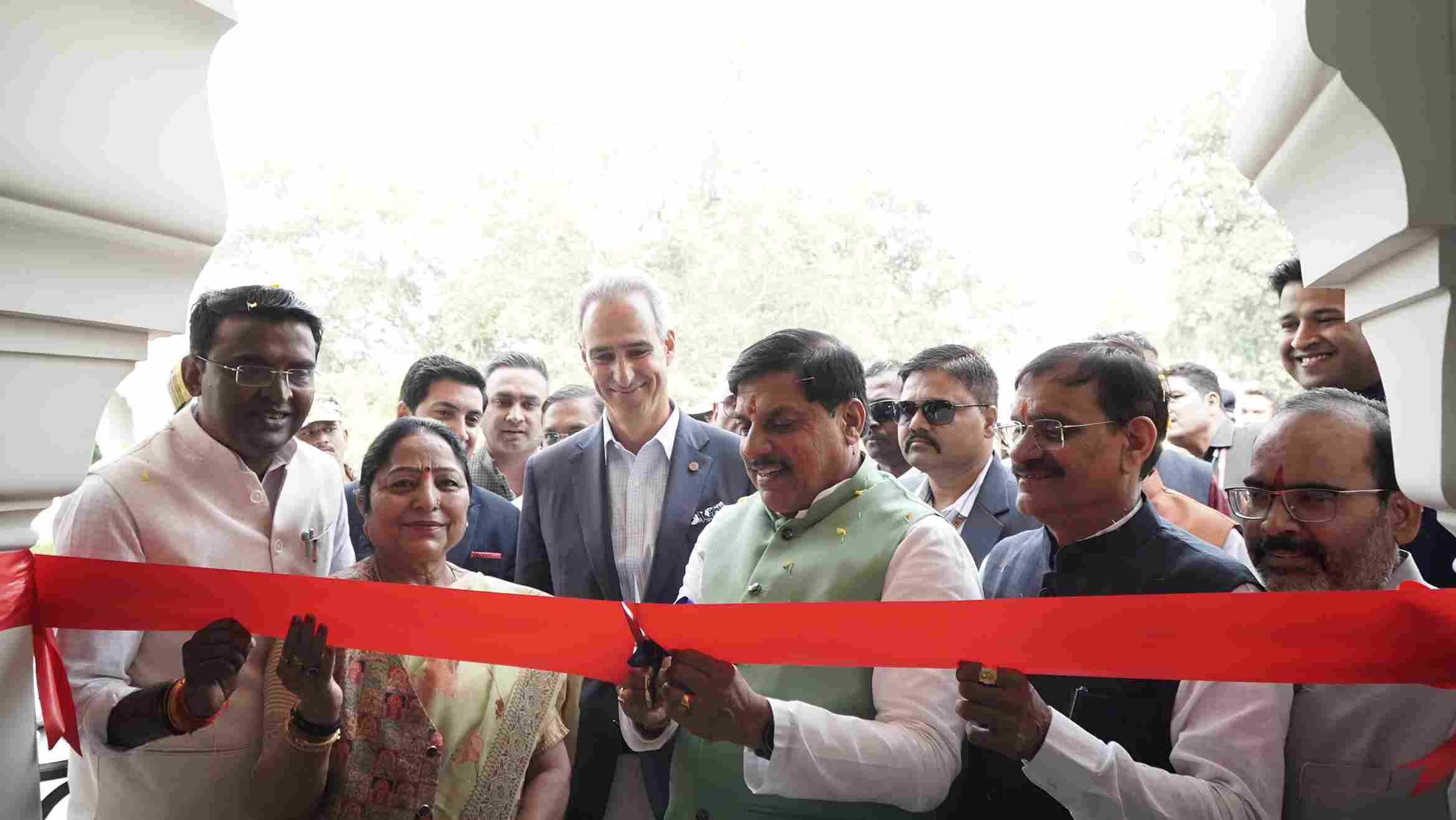Six regional hospitality heads share their views on how the policy-makers have failed to consider and respond to specific problems of the hospitality sector where a majority of the businesses have been impacted by a host of external factors. The stakeholders are disappointed that not even policy changes have been made in these challenging times.
Gurbaxish Singh Kohli, Vice President, FHRAI
The impact of COVID-19 on our industry has been extremely disruptive. It had lost all its business after lockdown and the zero business scenarios remained for close to 10 months last year. But obligations such as rental and salary expenses, servicing of debts and statutory payments remained. This has led to mounting debts, threats of insolvency for a majority in the sector along with millions of job losses. As of today, 30 per cent of hotels and restaurants in the country have shut down permanently.
Sherry Bhatia, President, HRAWI
The Centre has not extended sector-specific relief to the hospitality industry. In the absence of such a stimulus package, at least 30 to 40 per cent restaurants and 20 to 30 per cent hotels in the country are facing imminent shutdown. Our expectations from the government this year include waiver in electricity bills, water bills, excise license fees and other statutory fees; industry and infrastructure status to hotels, resorts and restaurants across the country.
Sudesh Poddar, President, HRAEI
Restaurants must be given the option to choose a higher GST (12%) rate than now levied (5%), but with the right to claim refund of the tax paid on inputs. Restaurants are now levied a 5% GST, but they can’t claim input tax credit against the tax they pay on raw materials and expenses like rent. Food service providers were sourcing close to half of their inputs from unregistered, non-tax paying suppliers to reduce cost. In other words, when ITC (input tax credit) is denied, it nudges a restaurant to go illegal.
Surendra Kumar Jaiswal, President, HRANI
We wish our government would study what other countries have done to ensure tourism is kept alive. Tax holiday for one year for hospitality and tourism establishments, waiver of property tax and other levies, and relaxation in electricity charges and excise fee are some relaxations which should be immediately announced and implemented to save the industry.Including hospitality and tourism in the concurrent list needs to be considered for a recovery.
K Syama Raju, President, SIHRA
Industry status for hospitality in Karnataka will help revive the hotel business. We expect the MoT to revise the guidelines of classification of hotels according to the current trend and getting the classification done in a simple and transparent manner. SIHRA continues to follow-up in Tamil Nadu and we got the funds of over Rs 300 crore released for the accommodation provided to frontline warriors in the state. Due to our consistent follow up with MOT we have got various hotels classified in Kerala.
Narendra Somani, President, HRA Gujarat & Executive Committee Member, HRAWI
Many families survive on the single income of delivery personnel. Many migrants in the state deped on food delivered to them from restaurants. There are several homes where all family members have COVID19 and are dependent on us. Allowing takeaway and delivery services will help the industry to survive and will also ensure that the Government is not burdened with granting any major reliefs.
Inputs by Neha Rawat
 TravTalk India Online Magazine
TravTalk India Online Magazine





